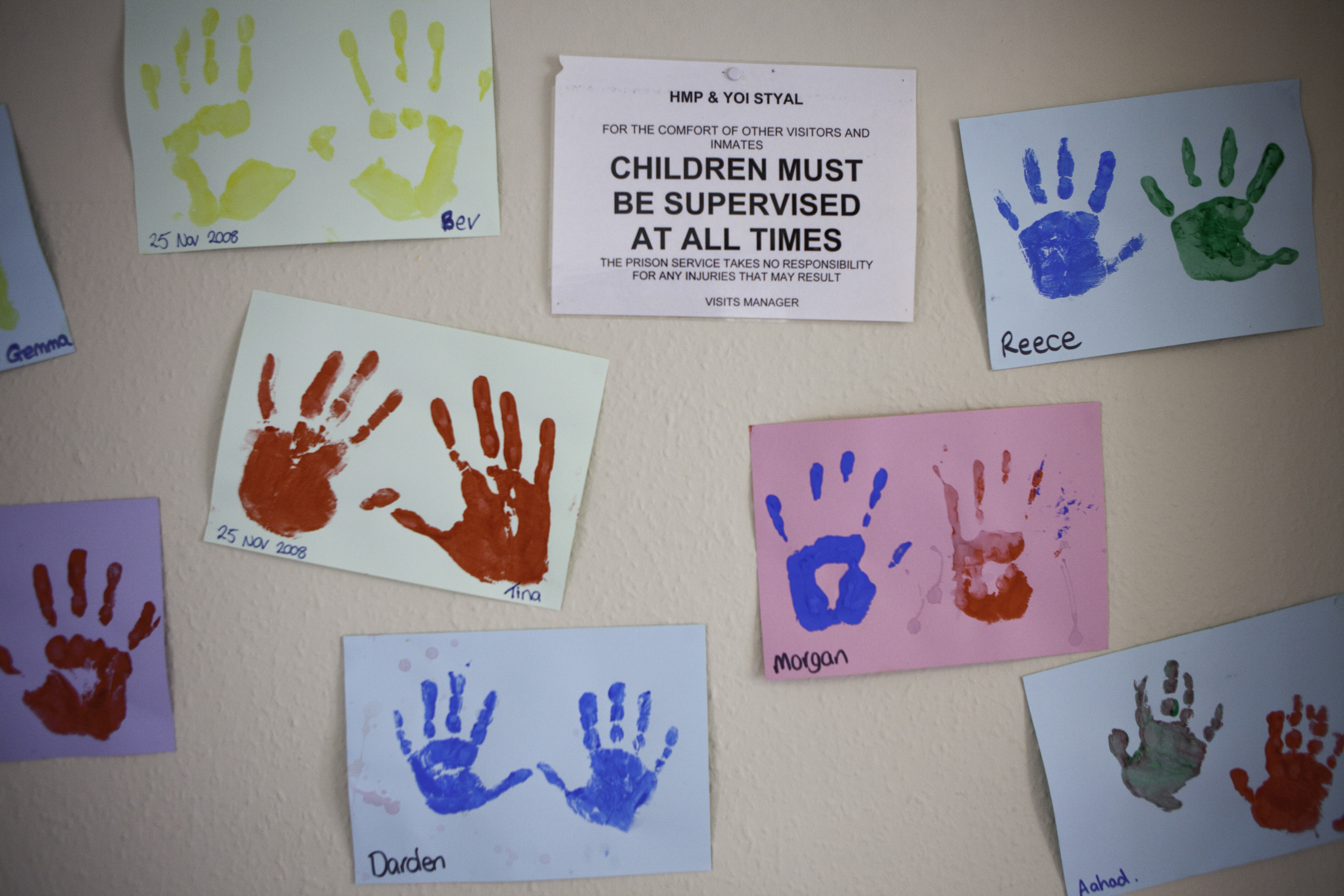The United States has an often-unspoken history of separating families. Seven percent of all U.S. children (that’s more than five million people) have had a parent who lived with them go to jail, many for non-violent crimes, as of late 2015. And a recent study published in Pediatrics found that young adults who had an incarcerated parent during their childhood are more likely to experience a range of negative health outcomes, ranging from cigarette use to drug abuse to opting out of necessary health care. While the conversation around mass incarceration is expansive, it often fails to encompass the people who lead author Dr. Nia Heard-Garris, MD, calls “the invisible victims:” the children.
The authors of the study analyzed national survey data from over 13,000 young adults (ages 24-32) and found that 10 percent of participants have experienced a parent being sent to jail or prison. On average, participants were 10 years old the first time their parent was incarcerated. The study also reinforced known data about how incarceration disproportionately affects the black community, and black mothers in particular. Less than 15 percent of the surveyed young adults identified as black, but they accounted for more than 34 percent of those with incarcerated mothers.
Dr. Heard-Garris is hopeful that by pinpointing the “health-harming behaviors” displayed by the relevant participants, their study will be a stepping stone “towards seeking more precise ways to mitigate the health risks these young adults face.”
“When I tell people the story of my mother and father, people give me this stare, like this new label was placed upon my head as a hopeless child,” Tehya Engoring of Makaha, HI told me. “But I don’t want to live up to that label. I am the youngest of six, and I strive for the best.”
Her words, authentic and hopeful, capture the essence of a younger generation, determined to write their own story. I spoke with Steven Urrutia, one of Tehya’s teachers, about the role he believes educators play in changing the outcomes for students who are at risk. First, educators must advocate and value the process of self-healing, he told me. “Many students under these situations unconsciously develop habits that discourage them from actualizing their true potential,” Urrutia said. “The concept of incarceration is unfortunately tied into a bigger problem of poverty, and so addressing each student’s potential involves contextualizing the factors that could impede their success. Although people expect my job to focus on academic excellence and curriculum, the true fulfillment of my work comes from the personal healing and growth that my students achieve as survivors.”
And when you hear about the experiences of children who grow up visiting parents in jail, it’s easy to understand where those health effects stem from. Jake N., an education program manager, told me that the corrections officers would treat him and his family like suspects when they went to visit his father. “It was an embarrassing and powerless feeling,” he shared. “I can see how someone could create an identity for themselves as ‘criminal’ just from the treatment they receive visiting an incarcerated parent.”
Dr. Tyler Winkelman, MD, a co-author of the study, stressed that more research is needed to identify effective health interventions for specific communities. “When we see results like this, our tendency is to want to immediately jump to action to remedy the impacts,” he said. “But before implementing interventions, we need to understand the unintended consequences to acting without careful thought.” Personally, I’m hopeful that more researchers will dedicate their time to identifying the specific barriers to things like mental health treatment so that the communities most affected by incarceration can better care for their young people. In the meantime, let us consider the words of Tehya Engoring: “Do not label us children as hopeless. Help us up and guide us — but do not label us as helpless.”


